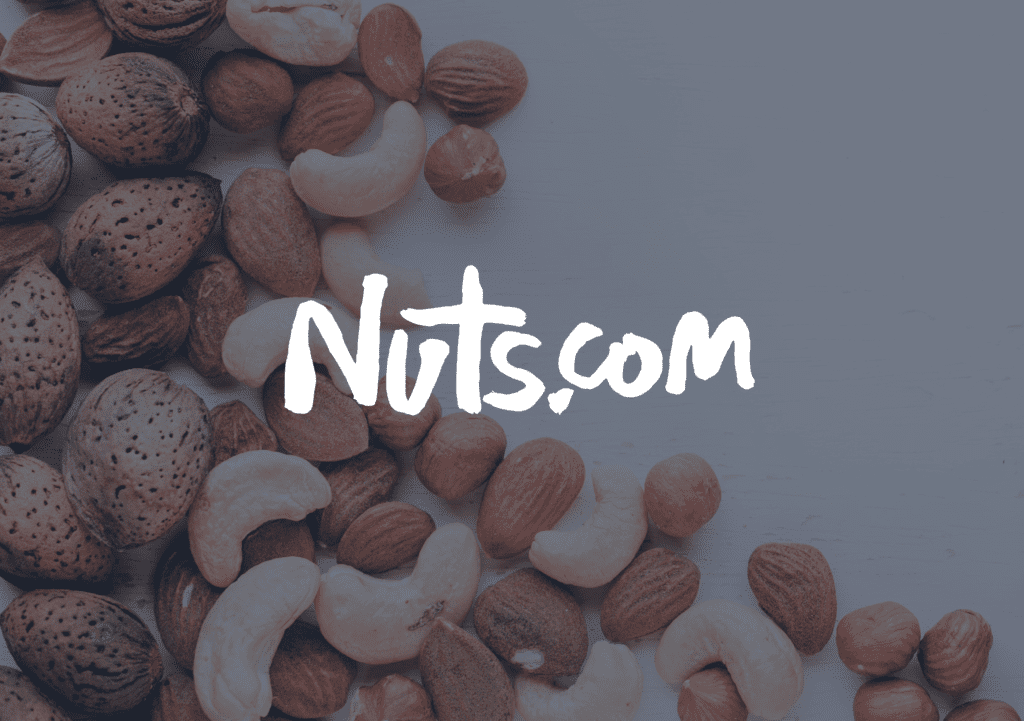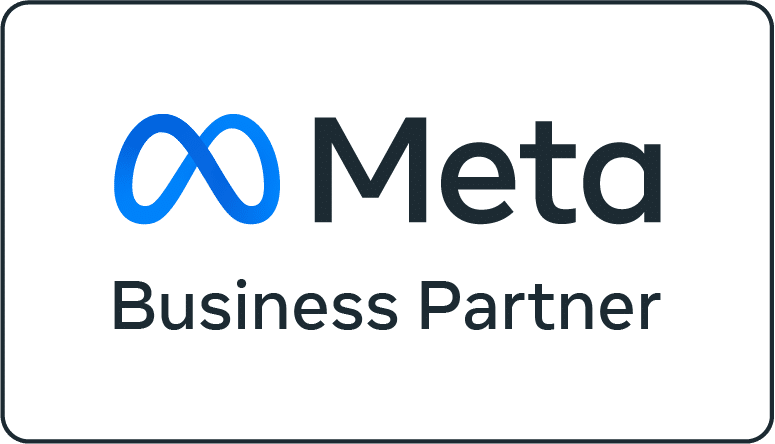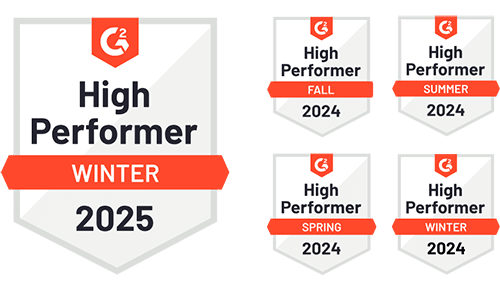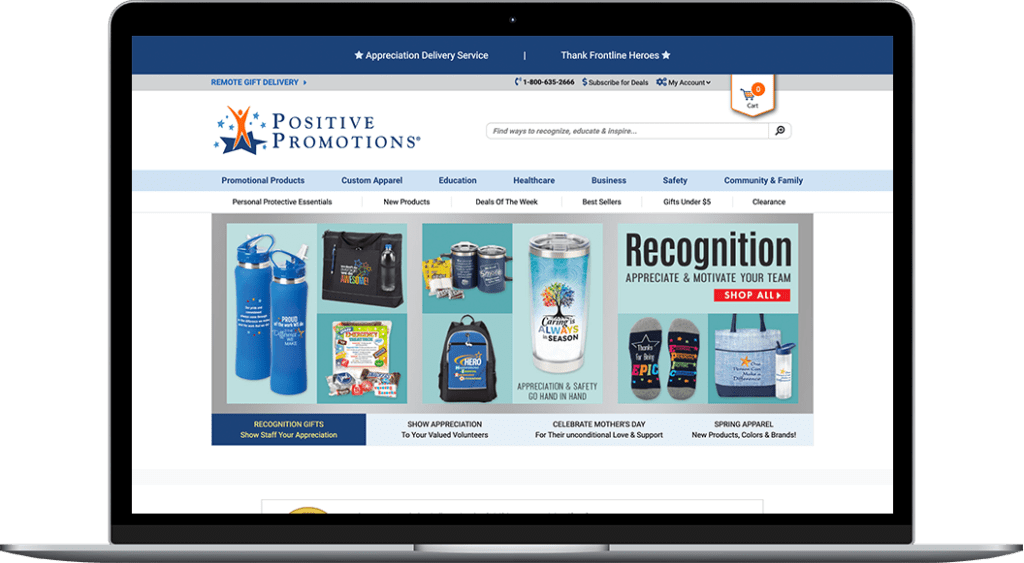
BACKGROUND
PositivePromotions is an online retailer of custom gifts and apparel. Primarily operating in the B2B space, they sell bulk items related to niche holidays. From “National Surgical Technologists Week” to “National Picnic Month”, Positive Promotions constantly changes their advertising throughout the year.
With such extreme seasonality and thousands of custom products to advertise, they came to Omnitail to help optimize their paid search program and Google Shopping ads.

181%
Increase in Google
Shopping Revenue
212%
Increase in Google
Shopping Conversions
77%
Non-Branded Search
Costs Cut By 77%
INVESTIGATING
THE ACCOUNT
As traffic on converting queries increased, the value of those queries decreased. As a result, the timing of bid adjustments was a challenge.
To add another layer of complexity, the majority of Positive Promotions’ conversions have a long sales cycle and were driven by generic queries such as “Breast Cancer Awareness.”
1. Extreme Seasonality
Ever-changing upcoming events made it difficult to determine the optimal time to push bids. When we first took over the account, bids were set high while the event was happening.
For example, Positive Promotions had a history of raising bids for Breast Cancer Awareness in the month of the event (October), despite the peak month for click value and buyer demand being September. Positive Promotions effectively missed the timing of all events resulting in underspending during the peak weeks leading up to the event, along with overspend during the event period. This strategy consistently wiped out the majority of profits generated by the SEM program.
2. Generic Queries Driving Sales
In most cases, generic queries aren’t a huge driver of sales. For example, someone searching for “men’s shoes” is typically a lot less likely to buy a product than someone who searches “nike size 6 cleats”. For Positive Promotions, however, generic queries such as “Red Ribbon Week 2019” (which indicate no intent to purchase) significantly contribute to conversions. Since these holidays are already so niche, shoppers might not feel the need to further define what they are looking for.
3. Long Sales Cycle
Most of Positive Promotions revenue comes from bulk, B2B orders. Businesses usually take longer to purchase than the typical consumer— as they consider the cost of a large bulk order and usually must get company approval. Because of this, a shopper might click on an ad a month or two ahead of the actual event. When they decide to purchase, the ad may no longer be directly attributable to the purchase. This also leads to a period of heavy spending with few attributable orders.
Omnitail's Advertising Strategy
We applied simple solutions to the challenges of extreme seasonality and high-performing generic queries. Tackling the issue of long sales cycles just took some additional attribution knowledge.
Uncovering the Best Time to Bid: When Were Queries Most Valuable?
When we took over the account, Positive Promotions was focused on pushing ads the week of the event. However, we soon found that this was ineffective. As the event got closer, queries for that event increased drastically—which is why Positive Promotions raised bids. The problem, however, was that these queries became increasingly less qualified as the event neared.
For example, people who searched “teacher appreciation day” a month in advance were obviously aware of the holiday. This meant they were likely looking to buy gifts in advance (especially if they were buying large orders that needed approval). Conversely, those searching for the same query the day before the event, were likely seeking information about the holiday—not looking to buying gifts.
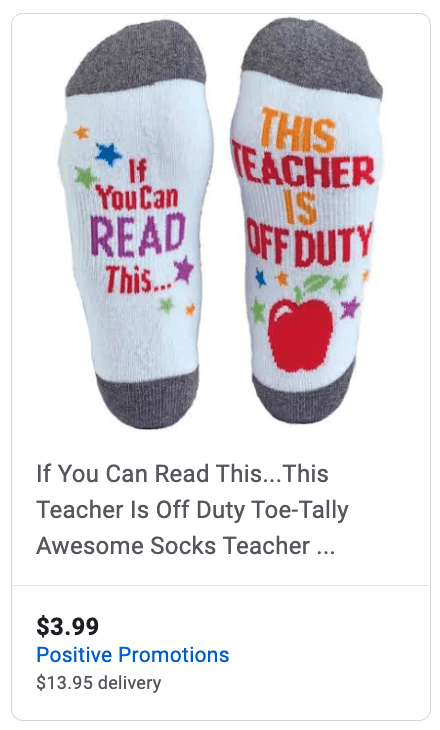
Uncovering the Best Time to Bid: Which Queries Were Driving Sales?
To make matters worse, the searches were primarily generic across the board. Our typical bidding structure, which increases bids on item-specific searches such as “teacher appreciation day custom coffee mug” was less effective than directing spend to a generic query.
We determined the optimal time to start pushing bids was approximately 45-60 days before the event (depending on the event in question.) Next, 15 days before the event we would reduce bids to account for the diminished likelihood of conversion. Finally, a few days before the event we would drastically cut bids.
This strategy allowed us to effectively redirect spend when queries occured that were more likely to convert. It also allowed us to prevent excess spend when searchers were simply looking for information, not products.
Google Analytics vs. Google Ads
The solution to tracking sales throughout a long sales cycle was simple. Typically, we use Google Analytics to track conversions using an assisted+last click attribution model. For this account we chose to use Google Ads as well. This is because of a difference in attribution between the two platforms.
In Google Analytics, the order is attributed based on the purchase date. In Google Ads, the order is attributed based on the date of the ad click. Using Google Ads allowed us to attribute sales to ads clicked far in advance as opposed to looking at the date of the purchase.
This gave us a far better indication of when to raise bids. We wanted the ads to be highly visible when the important clicks took place, not when the orders actually occurred (because by that time, the decision had long since been made.)
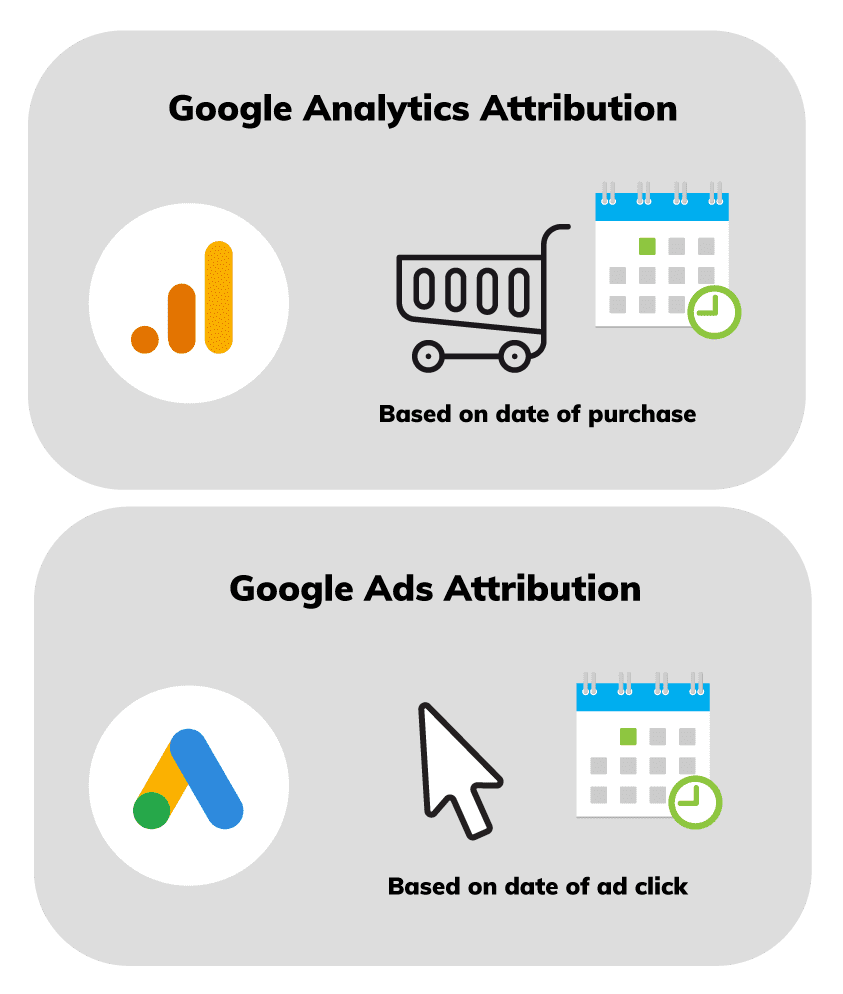
CONCLUSION
When we took over the account there was a significant amount of misdirected spend. In the first year, we focused on cutting costs from the unprofitable search program and reallocating budget to a meaningful Google Shopping strategy.
As a result, Omnitail continues to drive substantially more profit on both channels for Positive Promotions.



